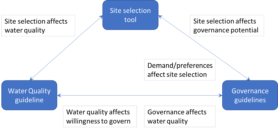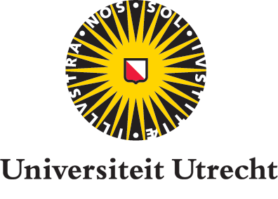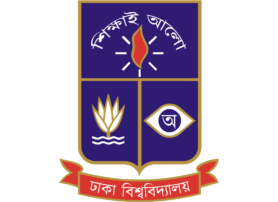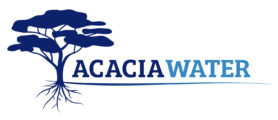Project rationale and integration
Drinking water problems
Sustainable drinking water supply is a major challenge for the growing populations of urbanizing deltas worldwide. Surface and groundwater resources are often exhausted, polluted, or (becoming) brackish. Climate change, population growth, and economic development are expected to worsen the situation. The coastal plain of Bangladesh is no exception. Groundwater is brackish in many places, while water stored in ponds is not sufficient to overcome the long dry season and is vulnerable to pollution. In other areas, natural arsenic pollution may render groundwater unsuitable for drinking purposes. In urban areas, groundwater resources are overexploited.
Project history
In 2017, a consortium of UNICEF, the Department of Public Health Engineering (DPHE), Dhaka University, and the Dutch consultant Acacia Water completed the building of a total of 100 pilot MAR systems in Bangladesh’s Khulna District. If successful potentially thousands of these systems could be implemented in Bangladesh alone.
The performance of these pilots varies; problems include capacity, salinity, arsenic, maintenance, and underutilization. Therefore, knowledge and guidelines are needed for optimal performance with respect to water quantity, quality, and governance. This is essential for up-scaling of MAR in both Bangladesh and other deltas. The 100 constructed systems form a unique opportunity to study the performance of small-scale MAR systems under a variety of hydrogeological and social-economic conditions.
Project objectives
DeltaMAR’s overall objective is to assess hydrogeological, technical and governance preconditions for sustainable MAR performance in diverse settings of saline deltas in developing countries.
The project aims to generate new knowledge, develop capacity among a variety of stakeholders, and disseminate lessons-learned, both regionally and globally, in such a way that financial, institutional, environmental, technical, and social sustainability of both the local implementation, and regional adoption and diffusion processes, of MAR systems can be optimized.
The project’s specific objectives include the following:
- Develop knowledge and guidelines for optimal MAR design and operation regarding fresh water recovery;
- Develop knowledge and guidelines for optimal MAR performance regarding drinking water quality;
- Develop an intervention strategy leading to optimal MAR governance arrangements at the local level, and rapid and cost-efficient diffusion of MAR at the regional level;
- Develop an a priori evaluation method for MAR performance in saline deltas, based on integration of hydrogeological and socio-economic parameters;
- Contribute to capacity building of stakeholders in the Bangladesh coastal region regarding the realization of sustainable MAR systems;
- Disseminate and valorize the knowledge generated in this project in other urbanizing deltas.
Project integration
Compared to other major drinking water systems in the area, MAR is contamination free, cyclone proof, and it is reliable as it provides water in sufficient quantities of drinking water throughout the year. In terms of installation costs, MAR is considerably less expensive than most of the available alternatives.
It is also relatively easy to operate. In sum, MAR advantages include:
- Improved year-round water availability
- Improved water quality and reduced health risks
- Suitable for local-scale application
- Cost-effectiveness
- Resilience to disasters
In order to achieve these relative benefits, it is important to optimize:
- Water quality
- MAR governance, and
- Site selection
These goals are interrelated, and the intended project outputs need to be taken as an integrated whole






